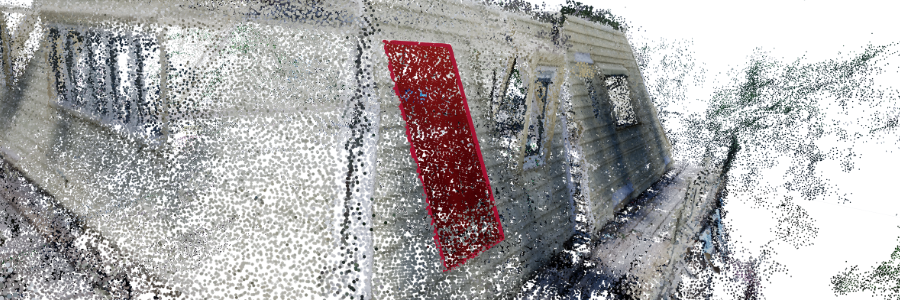
M1 Research Projects in Architectural Informatics
In this subject, students work independently on a topic from the field of architectural informatics. Below is an ( non-exhaustive) list of possible topics that can be studied:
- Continuous transitions between Life-Cycle stages in Design, Planning and Construction
- Knowledge Organisation in Design and Construction using structured Vocabularies, Language Models and Knowledge Graphs.
- Distributed Real-time Remote Collaboration and 3D presentation with VR and AR
- Workflows and integration of Open CAD Geometry Kernels and BIM in Open Source tool chains
- Integration of Material-Related Environmental Product Data
- Semi-automated IFC model enhancements for visualization purposes
- UV Mapping for IFC models based on parametric element types
- accurate placement of multi-layer shaders for accurate defect location and documentation in large objects
- Automated Linking of Heterogenous Building Data Sets using Machine Learning and/or spatial inference
- Automated view-point generation for BCF issues
- off-site multimedia enrichment of building models with images
- Bidirectional Spatial Linking of documents (e.g. text, images, tables) with BIM
- Long-Term monitoring systems and archival of complex buildings
- Semantic enrichment of Material-related information
Previous Knowledge Expected
An interest in one of the proposed topics or a personal topic in the field of architectural informatics is expected. There should also be an interest in research and development or a curiosity to delve into this area. We also recommend attending the course "Advanced Building Information Modeling" before (or during).
Objective (Expected Results of Study and Acquired Competences)
The students are empowered in research and development in architectural informatics and learn to independently acquire their own skills in the relevant topics.
Teaching and Learning Method (Transfer of Skills) Workload for Students
The students work independently on their topic. In weekly group meetings, progress is presented to each other, discussed and the next steps are determined. In addition, it is recommended to attend the seminar "Advanced Fundamentals of Building Information Modeling", in which basic skills on the subject of BIM and architectural informatics are learned.
Course Criteria & Registration
Dates
| Day | Date | Time |
|---|---|---|
| Tuesday | 16.04.2024 | 10:00-13:00 |
| Tuesday | 23.04.2024 | 10:00-13:00 |
| Tuesday | 30.04.2024 | 10:00-13:00 |
| Tuesday | 14.05.2024 | 10:00-13:00 |
| Tuesday | 28.05.2024 | 10:00-13:00 |
| Tuesday | 04.06.2024 | 10:00-13:00 |
| Tuesday | 11.06.2024 | 10:00-13:00 |
| Tuesday | 18.06.2024 | 10:00-13:00 |
| Tuesday | 25.06.2024 | 10:00-13:00 |
| Tuesday | 02.07.2024 | 10:00-13:00 |
| Tuesday | 09.07.2024 | 10:00-13:00 |
| Tuesday | 16.07.2024 | 10:00-13:00 |
